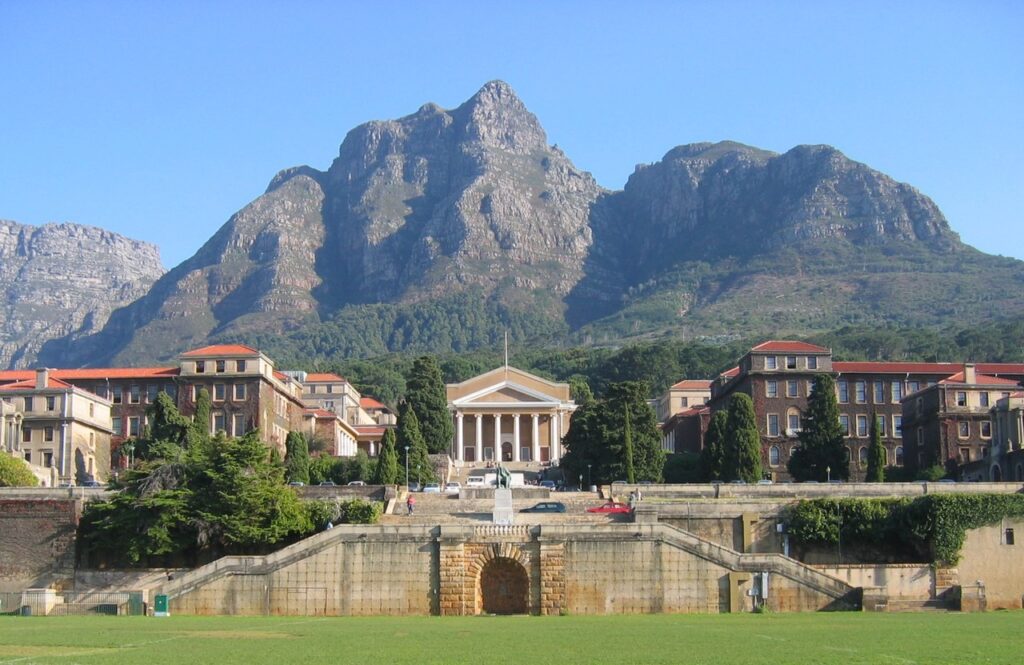South Africa is a country marked by its complex history of struggle and liberation. Today, a new battle is brewing; the struggle of the youth to secure a meaningful place in governance.
Despite being the majority demographic, with nearly 60% of the population under the age of 35, South African youth, particularly Generation Z, find themselves systematically side-lined from political participation and decision-making processes.
This exclusion reflects broader structural and social barriers that limit their influence on the country’s governance, perpetuating a disconnect between the ruling elite and the aspirations of younger generations.
Historically, youths have played pivotal roles in shaping South Africa’s political landscape. From the Soweto Uprising of 1976, where students fought against the apartheid regime, to the youth activism that contributed to the end of apartheid in the 1990s, young people have always been at the forefront of change.
However, the post-apartheid political system has not translated this legacy into meaningful representation within the structures of governance.
Today’s political institutions largely remain a space for the older generation, with an entrenched leadership class that has been slow to pass the torch. South Africa’s political parties are dominated by leaders who have held power for decades, often recycling the same figures in key roles, leaving little room for fresh, youthful perspectives.
This has created a generational divide, where the policies and priorities of the government do not align with the pressing needs of the youth, including unemployment, education reform, and social justice.
Several structural barriers prevent young South Africans from engaging fully in the political process.
First, the socio-economic conditions in which many youths find themselves significantly limit their capacity for political engagement. With youth unemployment at an alarming rate hovering above 60%, many young people are preoccupied with basic survival.
Economic insecurity often translates into political disengagement, as participation in governance seems secondary to securing immediate necessities.
Furthermore, the educational system does not adequately equip young people with the tools for meaningful political engagement. Civics education is underemphasized, leaving many youths ill-informed about how they can influence governance or participate in political processes.
The lack of resources and platforms to facilitate youth leadership training and political activism further alienates them from decision-making circles.
Another significant barrier is the perception that the political space is inaccessible and unwelcoming to young people.
Political parties and government institutions have been slow to adopt policies that encourage youth participation, either through quotas or active inclusion in leadership structures. Instead, tokenism prevails, with a handful of young faces being placed in minor roles, while the real levers of power remain in the hands of the older generation.
The exclusion of youth from governance in South Africa has far-reaching consequences. One of the most visible manifestations of this marginalization is the growing unrest and dissatisfaction among the youth.
Protests, often led by students and young activists, have become a regular feature of South African life, with movements like #FeesMustFall and #EndOutsourcing illustrating the depth of frustration among the younger generation.
These protests have often been met with heavy-handed responses from the state, further deepening the rift between young people and the government.
The disconnect between youth and the political system also has broader implications for the country’s democratic health. A democracy that fails to engage its largest demographic is a fragile one.
The lack of youth participation undermines the legitimacy of the political system, leading to apathy, cynicism, and ultimately, a disengaged electorate. Without the infusion of new ideas and fresh perspectives that the youth bring, governance becomes stagnant, unable to address the dynamic challenges facing the country.
If South Africa is to harness the potential of its young population, significant reforms are needed to break down the barriers to youth participation in governance.
First, political parties must prioritize the inclusion of young leaders in decision-making roles, not as figureheads, but as key actors shaping the future of the country. Quotas for youth representation within party structures and government institutions could help facilitate this inclusion.
Secondly, there is a need for targeted programs aimed at educating and empowering young people to engage in governance. This includes reforming the education system to place greater emphasis on civic education and leadership training.
Additionally, the creation of youth councils and other participatory platforms would give young people a direct voice in policy discussions and decision-making processes.
Finally, addressing the socio-economic challenges that disproportionately affect young people – especially unemployment – is crucial. Without economic security, it is unlikely that the youth will feel empowered to participate meaningfully in governance.
Investments in job creation, skills development, and entrepreneurship will not only improve their livelihoods but also encourage greater political engagement.
The youth of South Africa are not asking for a seat at the table, they are demanding it.
As the country navigates the complex terrain of governance in the 21st century, it cannot afford to ignore the voices of its young people. Their exclusion is not only a betrayal of the ideals of democracy but also a missed opportunity to harness the energy, innovation, and passion of the next generation.
It is time for South Africa to move beyond symbolic gestures and create real pathways for youth participation in governance, ensuring that their voices help shape the future they will inherit.


